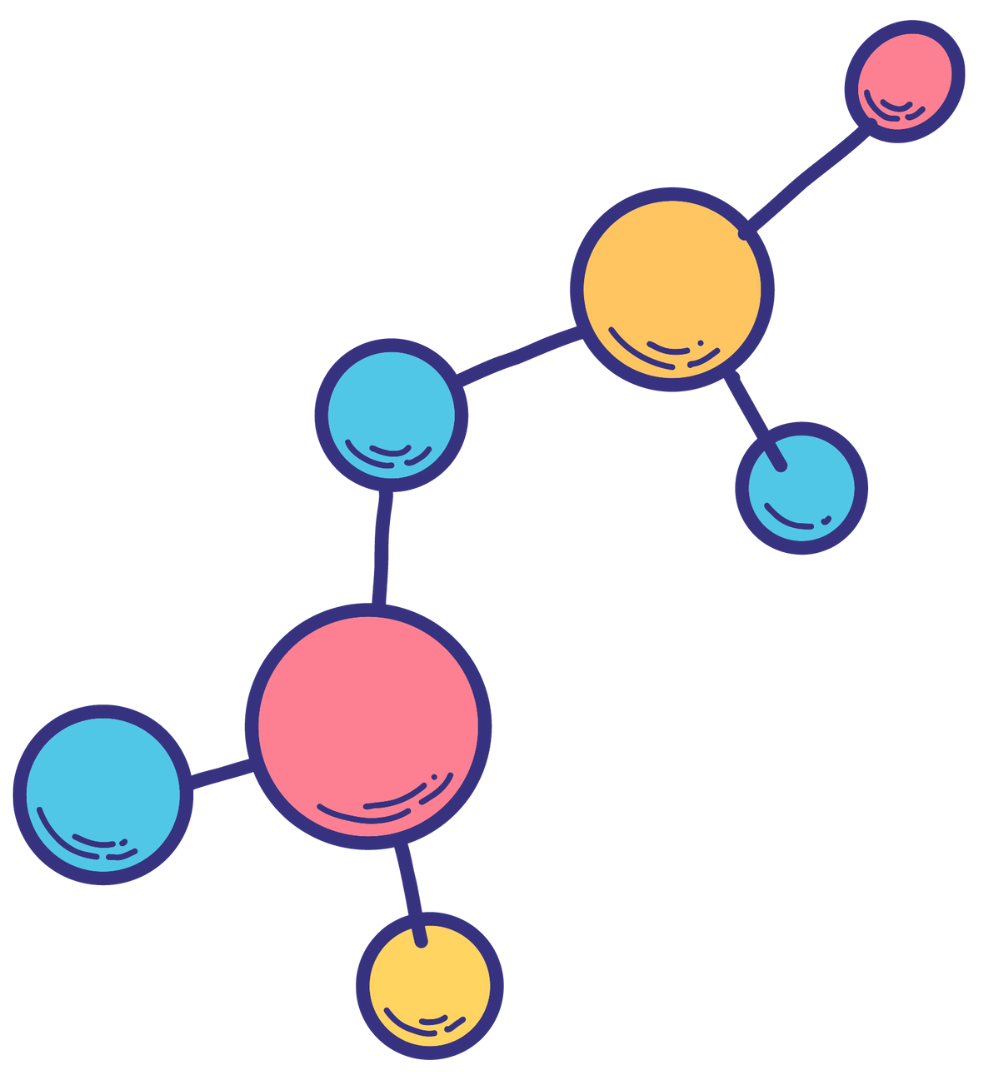What is a Public Health Major?

If you’re reading this, you probably know someone who’s studying public health, or you’re considering it yourself.
You probably also know that public health has been thrust into the spotlight recently, with epidemiologists becoming unexpected celebrities and terms like “herd immunity” entering everyday conversation.
Why am I bringing this up? Because public health might be one of the most misunderstood and underrated college majors out there – and it could be your ticket to a career that actually matters.

What public health really is (and isn’t)
First, let’s clear something up: public health is not pre-med or nursing. It’s not about treating individual patients.
Public health focuses on preventing problems before they happen and protecting the health of entire communities and populations. Think of it as the difference between treating one person’s heart attack versus implementing a city-wide program that reduces heart disease rates for thousands.
The field combines a weird mix of disciplines:
- Biology and health sciences (the “what”)
- Statistics and data analysis (the “how much”)
- Social sciences and psychology (the “why”)
- Policy and management (the “what now”)
This makes it perfect for people who find pure science too narrow but social work too broad.
The actual stuff you’ll study

Public health programs vary, but most will force you to wrap your brain around:
Epidemiology – Figuring out why people get sick by tracking disease patterns. It’s like being a disease detective using data instead of fingerprints.
Biostatistics – Using math to make sense of health data. If the thought of calculating p-values makes you break out in hives, be warned.
Environmental health – Understanding how air, water, and surroundings affect health. From pollutants to climate change, it’s a big deal.
Health policy – Learning how healthcare decisions get made and how to influence them. Prepare for some frustrating realities.
Behavioral health – Studying why people make unhealthy choices even when they know better (spoiler: it’s complicated).
Global health – Tackling health issues that cross borders, from infectious diseases to healthcare access.
The skills you’ll actually develop
Beyond the specific knowledge, public health majors develop some seriously valuable abilities:
Data analysis – You’ll learn to find patterns in numbers that others miss.
Critical thinking – Complex health problems rarely have simple solutions.
Communication – Explaining complicated health concepts to people who don’t have your background.
Cultural awareness – Health issues affect different communities in different ways for different reasons.
Research methods – Designing studies that can actually answer important questions.
These are transferable skills that employers across many fields value – not just in public health.
Career paths that might surprise you

When I tell people I studied public health, they usually ask if I work at a hospital. The reality is public health graduates do all sorts of things:
Health education – Teaching communities about health issues and prevention strategies.
Epidemiology – Tracking disease outbreaks and identifying risk factors.
Policy analysis – Evaluating and developing health policies and programs.
Environmental health – Monitoring and improving environmental conditions affecting health.
Research – Conducting studies on health issues and interventions.
Global health – Working with international organizations to address health challenges worldwide.
Health data analysis – Using statistics to understand health trends and outcomes.
And with a graduate degree (which many do pursue), the doors open even wider.
Why public health might be perfect for you
You might be a good fit for public health if:
You like solving puzzles. Public health problems are complex with many moving parts.
You want to help people at scale. Your work could impact thousands or millions, not just individuals.
You’re interested in prevention. You’d rather stop problems before they start.
You like working across disciplines. The field combines science, social factors, policy, and more.
You care about equity. Health disparities are a major focus in public health.
The stuff nobody tells you about studying public health
Now for some real talk about what to expect:
Progress can be frustratingly slow. Changing health behaviors and systems takes time – sometimes decades.
It can be emotionally heavy. You’ll learn about serious health disparities and suffering that can be tough to process.
Politics is unavoidable. Health is political whether we like it or not, and that can complicate the work.
You’ll probably need a graduate degree for many of the more interesting and better-paying positions.
The pay varies wildly depending on which sector you end up in (government, nonprofit, private).
The bottom line: Is public health worth it?
If you’re looking for a clear career path with guaranteed high salaries, there are easier options.
But if you want work that combines science, social impact, and real-world problem-solving, public health offers something special. The field is growing, the skills are transferable, and the potential to make a meaningful difference is huge.
Plus, after recent global events, the importance of strong public health systems has never been more obvious.
So while I can’t tell you if public health is right for you specifically, I can say that for the right person – someone who cares about the big picture of health and isn’t afraid of complex challenges – it’s a path worth considering.
